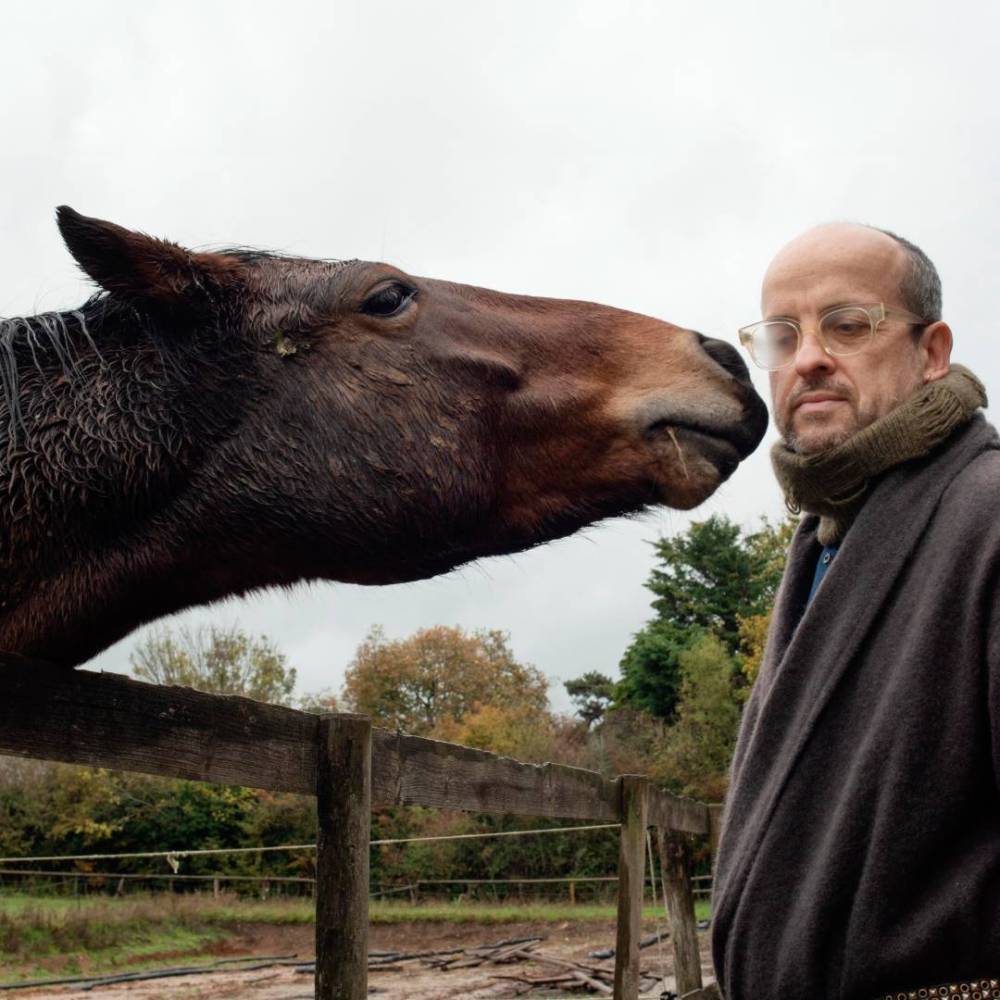Image via Eva Vermadel
Michael McKinney understands the cultural importance of Kreayshawn’s “Gucci Gucci.”
When Matthew Herbert was in his late teens, he purchased a sampler and threw open the floodgates. He’d spent his childhood listening to left-field electronics on the radio and tinkering with synthesizers, so he’d been steeped in experimental music for years. But, suddenly, anything could be music. He has spent the decades since chasing that dragon, pointing his microphone at all kinds of sources and seeing what comes out. At this point, it’s tempting to view his work as a kind of sonic archeology: microphone and sampler reimagined as a trowel and brush, each track pointing towards entire worlds and illuminating as many nooks and crannies as possible.
This is hardly new to his work. Herbert has long worked in this manner, stamping his left-field sensibilities on myriad styles and aliases. 1998’s Wishmountainisdead, his debut LP as Wishmountain, takes the metronomic chug of so many great techno records and reimagines it as a Ship of Theseus, jettisoning most kick drums for a symphony of pops and clicks and overheard mutters. In the same year, as Mr. Vertigo, he explored barely-there house music, putting together four long-form grooves that are minimal to the point of vertigo. With 2003’s Goodbye Swingtime, he took one of his sharpest turns yet by diving fully into wigged-out big-band orchestration. Neither fully modern nor wholly vintage, it sits at a queasy intersection of timelines, histories, and compositional approaches.
In recent years, though, Matthew Herbert’s approach to experimental music has come into sharp relief. His work under his given name is confrontational and stark, with a focus on contexts and changing meanings. With 2011’s One Pig, he followed the titular animal from birth to death, twisting up a series of field recordings and squealing synthesizers together. It is found sound that makes a point of zooming out to underline its context; it is experimental music made from a documentarian’s point of view. It’s disorienting, unsettling, and, at points, oddly beautiful. Five years later, he returned to a similar well, recording a naked body for 24 hours and submerging it in creaking ambience.
In 2023, Herbert released his latest recording. Recorded alongside the London Contemporary Orchestra, The Horse sets out to explore no less than the story of music itself. Herbert purchased a horse skeleton and went to work, turning its bones into a pile of instruments: a harp, a lyre, flutes. He brought on an all-star cast of British experimental musicians to reimagine early music; he asked Shabaka Hutchings to cast himself as the first living musician. The record runs from modern classical to proto-techno and liturgical ambience; it is riotous, unnerving, and menacing. It is a singular crunch of timelines, fusing modern recording approaches, ancient instrumentation techniques, and centuries of experimental music. It is sonic archeology stretched to its natural conclusion.
In mid-September, we had a chance to catch up with Matthew Herbert, digging into The Horse, his relationship to musique concrète, inherited contexts, and the importance of surrender.
(This interview has been condensed and lightly edited for clarity.)

